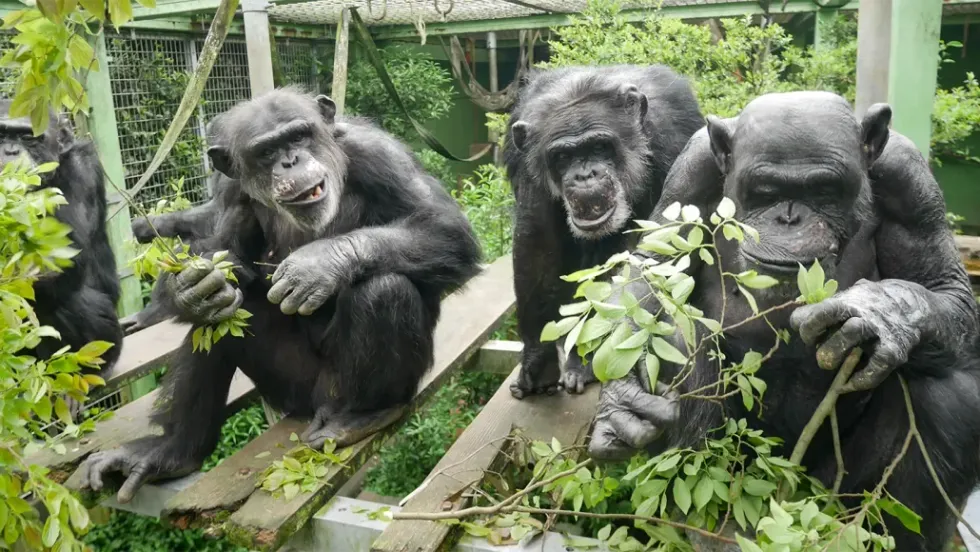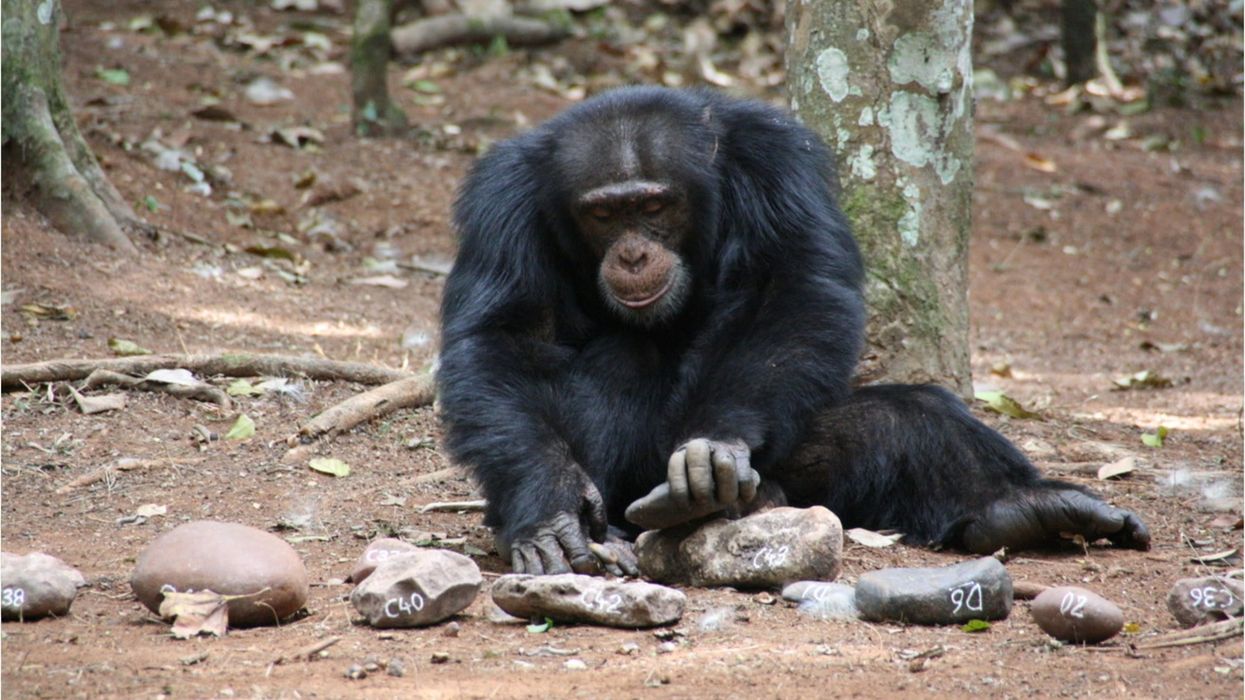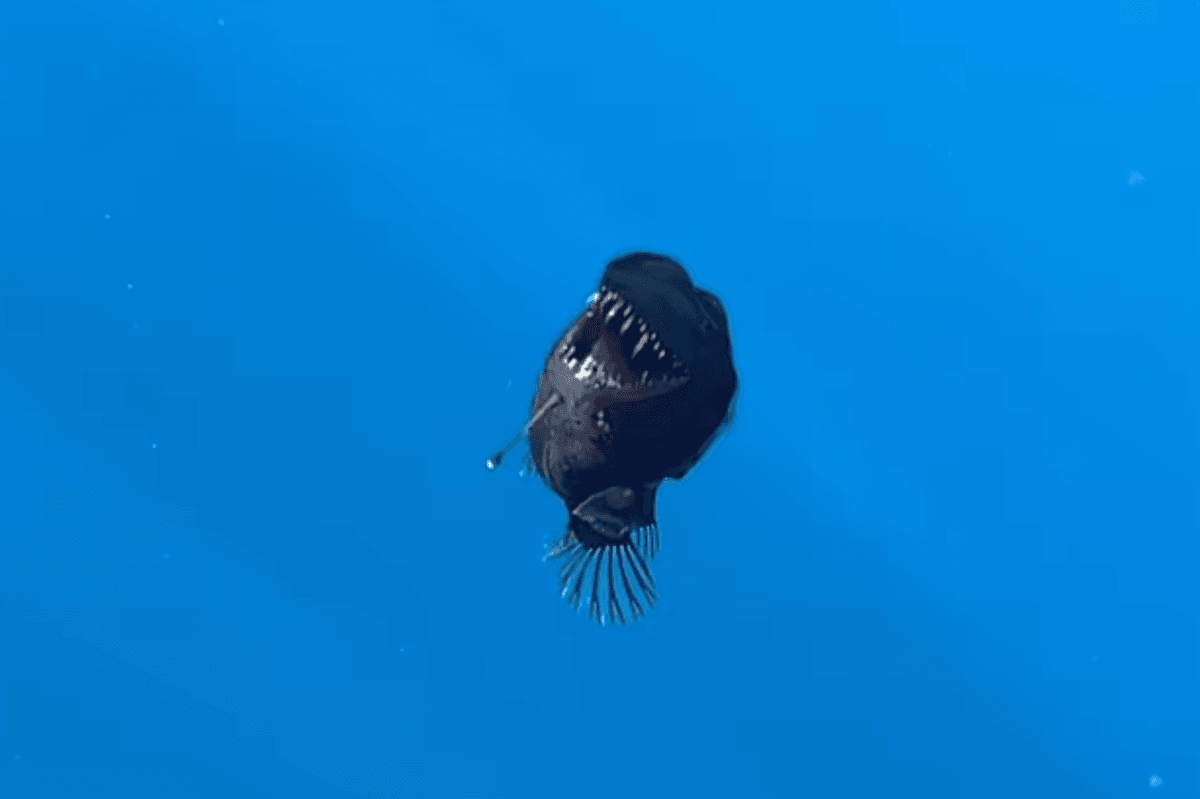Gregory Robinson
Jan 22, 2025
Chimpanzees Have Cognitive Skills To Make A Cup Of PG Tips
Cover Media - Shareable / VideoElephant
When nature calls, and you’re with other people, you may notice that they also feel the need to "to go" at the same time.
Scientists have now made a shocking discovery about the urge to urinate at around the same time, as a study of chimpanzees suggests humans may also be inclined to take a leak together.
Both yawning and laughter have been seen as infectious and now there is evidence that urinating may have the same effect in groups.
Chimpanzees kept in captivity at Kumamoto Sanctuary in Japan were studied over more than 600 hours, tracking 1,328 “urination events”.
The team then analysed this data to see whether the 20 chimps urinated in a synchronised way. The results suggested the animals, which are our closest genetic relative, were not relieving themselves at random times. The likelihood of any one of the chimps needing to do a number one increased according to how close they were to the individual who had “to go” first.
And the researchers also noticed a trickle-down effect, as chimps lower in social rank were more likely to urinate after the chimpanzees higher up had urinated.

This suggests urination is influenced by social behaviour and hierarchy. The findings were published on 20 January in the journal Current Biology. Ena Onishi, a doctoral student at Kyoto University, who led the work, said: “An Italian proverb states: ‘Whoever doesn’t pee in company is either a thief or a spy,’ while in Japanese the act of urinating with others is referred to as tsureshon,”
“This behaviour is represented in art across centuries and cultures and continues to appear in modern social contexts. Our research suggests that this phenomenon may have deep evolutionary roots. We found that chimpanzees, our closest relatives, tend to urinate in response to the urination of nearby individuals.”
Onishi said her colleagues speculate the trickle-down effect may help groups of wild chimps perform territorial scent-marking, or signal the start of a long journey.
“We were surprised to discover that the contagion pattern was influenced by social rank,” Onishi said.
“Since there were no prior studies on contagious urination in any species, we drew parallels to contagious yawning, another semi-voluntary physiological behaviour. Based on this, we expected that any social influences might resemble those seen in yawning — such as stronger contagion between socially close pairs [who signal their closeness among chimps through grooming].
“However, our results showed no evidence of effects related to social closeness. Instead, we observed a clear influence of social rank, with lower-ranking individuals being more likely to follow the urination of others.”
Sign up for our free indy100 weekly newsletter
How to join the indy100's free WhatsApp channel
Have your say in our news democracy. Click the upvote icon at the top of the page to help raise this article through the indy100 rankings
Top 100
The Conversation (0)














